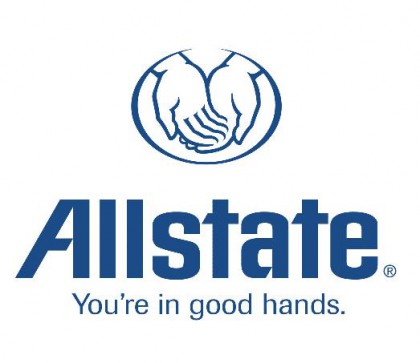Top Class Actions’s website and social media posts use affiliate links. If you make a purchase using such links, we may receive a commission, but it will not result in any additional charges to you. Please review our Affiliate Link Disclosure for more information.

Lead plaintiff Jack Jiminez filed the class action lawsuit in hopes of representing all California Allstate claims adjusters, past and present. His wage and hour lawsuit alleged that Allstate did not pay overtime to current and former employees, didn’t cover missed meal breaks, didn’t pay wages in a timely fashion post-termination, and committed acts of unfair competition. He wanted to represent a class in this suit. Allstate wanted to decertify the Class, but the 9th U.S. Circuit Court of Appeals refused.
U.S. District Court Judge John Kronstadt found that among the potential Class Members, one complaint stood out: that Allstate Insurance “had an ‘unofficial policy’ of denying overtime while requiring overtime work.” He certified the Allstate class action lawsuit with respect to all claims but meal breaks. The 9th Circuit Court agreed, stating that the questions raised were sufficient to drive the litigation.
According to Judge Ronald Gould, the questions addressed that need resolution are “whether the Class had worked unpaid overtime as a result of ‘defendant’s unofficial policy of discouraging reporting of such overtime, defendant’s failure to reduce class members’ workload after the reclassification, and defendant’s policy of treating their pay as salaries for which overtime was an ‘exception.” Answering these questions will show if Allstate is indeed liable.
History’s Guidance
In 2011, the U.S. Supreme Court decided on the issue of back pay in WalMart Stores v. Duke. Their judgment relied on “statistical-sampling testimony to show classwide liability.” Gould noted that since that ruling, “circuit courts including this one have consistently held that statistical sampling and representative testimony are acceptable ways to determine liability so long as the use of these techniques is not expanded into the realm of damages.”
In this case, the District Court “rejected the plaintiffs’ motion to use representative testimony and sampling at the damages phase, and bifurcated the proceedings. This split preserved both Allstate’s due process right to present individualized defenses to damages claims and the plaintiffs’ ability to pursue class certification on liability issues based on the common questions of whether Allstate’s practices or informal policies violated California labor law.”
Working in California
Over the years, states have implemented their own labor laws, in support of the Federal Labor Standards Act (FLSA). California has some of the strongest, ensuring the eight hour work day and 40 hour work week is standard. How an employee is coded (exempt or non-exempt) defines whether or not they receive overtime pay for putting in more than 40 hours in a week. Non-exempt, usually hourly, employees are entitled to overtime pay, but not all companies pay them.
California Labor Laws state that once hourly employees (non-exempt) pass 40 hours a week, they are entitled to overtime pay. Moreover, California employers are mandated to track hours, provide rest periods and meal breaks, and reimburse employees for business related expenses. All of these laws are in place to protect employees.
Join a Free Unpaid Overtime, Wage & Hour Class Action Lawsuit Investigation
If you were forced to work off the clock or without overtime pay in California within the past 2 to 3 years, you have rights – and you don’t have to take on the company alone.
Get a Free Case Evaluation NowATTORNEY ADVERTISING
Top Class Actions is a Proud Member of the American Bar Association
LEGAL INFORMATION IS NOT LEGAL ADVICE
Top Class Actions Legal Statement
©2008 – 2024 Top Class Actions® LLC
Various Trademarks held by their respective owners
This website is not intended for viewing or usage by European Union citizens.















One thought on Allstate Insurance Faces Unpaid Overtime Class Action Lawsuit
Is there an ongoing lawsuit of this type in the State of Maryland? Allstate claims office in Maryland have the same unjust practices:
Allstate does not pay overtime to current and former employees and commits acts of unfair competition.” As management walks out the door, at the end of the work day, the comment often heard by hourly paid employees, is “I don’t see you here”. Then employees are left, some working late into the night to complete jobs and take on work loads from previous employees that have not been replaced.
There is also management retaliation, if an employee reports incidents to Human Resources.
There is/was a manager In particular who is/was consistent in these practices. As a result, employees do not report wrong doings, in fear of retaliation known to happen to other employees.
I understand Maryland employers are protected from lawsuits, with only a 90 day statute. Just long enough for a past employee to get over the stages of initial shock, fear and depression (among other post employment stages), after being “let go”, to realize they have an unjust case that should be filed in a Court of Law, to obtain justice and compensation for unpaid hours worked.